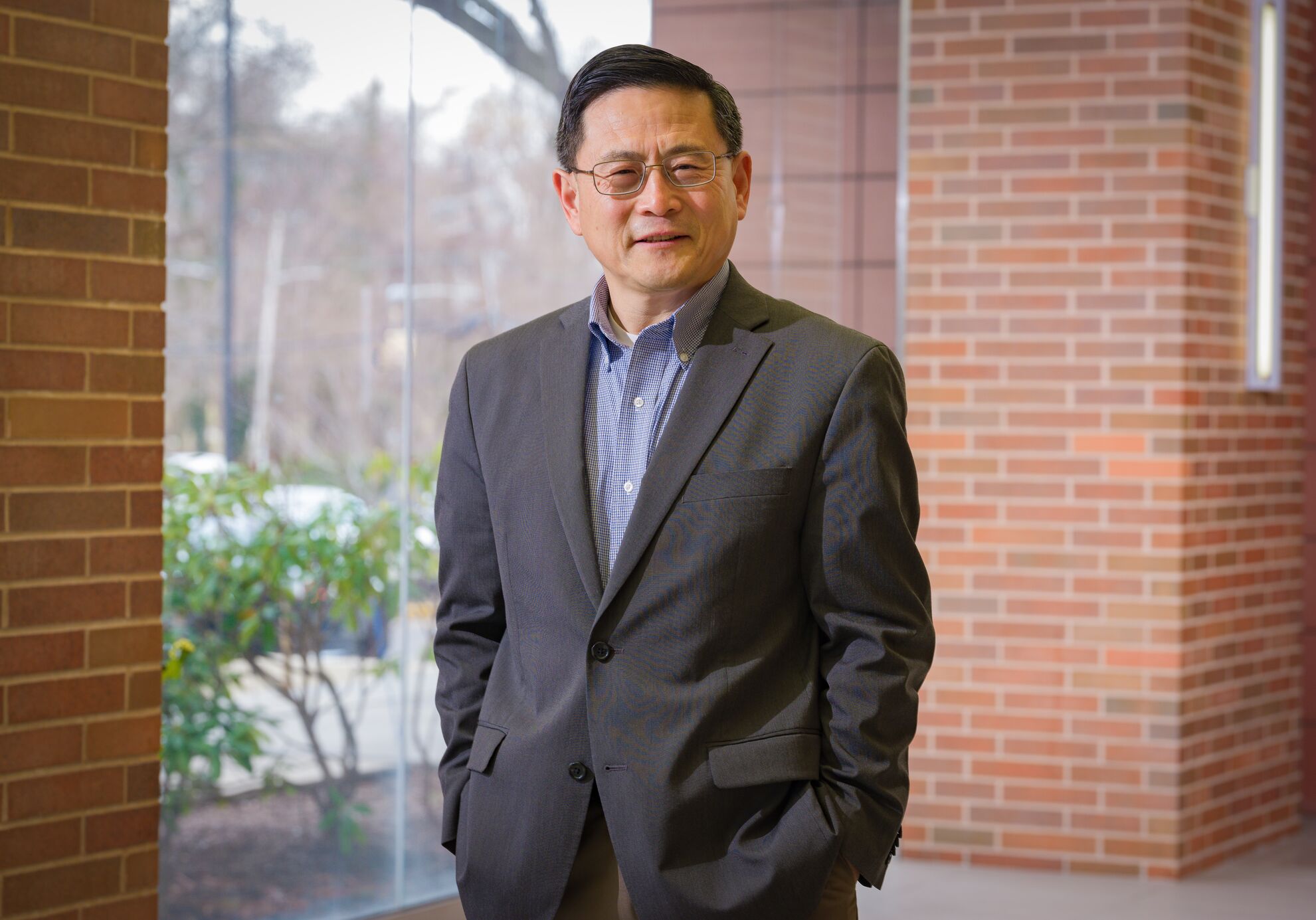Our representatives are available to schedule your appointment Monday through Friday from 9am to 5pm.
For a Northwell ambulance, call
(833) 259-2367.

Uncontrolled bleeding or hemorrhagic shock (HS) is the main cause of death in Americans younger than age 44 and accounts for nearly one-third of all deaths following severe traumatic injury. Researchers at The Feinstein Institutes for Medical Research have been awarded a five-year, $2.7 million grant from the National Institutes of Health (NIH) to better understand HS and how it can lead to increased infection and sepsis. Led by Ping Wang, MD, professor & chief scientific officer at the Feinstein Institutes, new studies will explore the molecular mechanisms and potential therapeutic drug targets for those experiencing HS and its related complications.
Car accidents, military traumas and surgical complications are examples of wounds that can lead to HS. After an injury, HS occurs and the body releases extracellular cold-inducible RNA-binding protein (eCIRP). This damage-associated molecular pattern promotes the excess formation of red blood cells, leading to acute lung injury (ALI) mortality. By interrupting eCIRP, scientists hypothesize they might be able to stop the damaging release of inflammatory proteins known as tumor necrosis factor (TNF) to prevent ALI and death.
“Hemorrhagic shock, sepsis and acute lung injury could be a concern of the past if it is better understood how the body reacts to trauma and bleeding-induced incidences,” said Dr. Wang. “By observing the body’s molecular mechanisms, there’s a potential to discover interventions to improve the chance of survival for patients.”
The team will study in detail the role eCIRP has in HS and investigate the beneficial effects and dosage of an inhibitor to prevent HS, ALI and other complications.
“The NIH is funding Dr. Wang’s laboratory research because complications of trauma and hemorrhage are of importance to the nation’s health,” said Kevin J. Tracey, MD, president and CEO of the Feinstein Institutes. “Their studies may reveal the identity of new drug targets and paths to developing highly needed therapies.”
Dr. Wang is a national leader in shock and sepsis research looking to improve our knowledge of the molecular functions that regulate the body’s immune system and inflammation and how proteins can control it. In 2019, he was awarded Scientific Achievement Award by the Shock Society. He also served as the president of the Shock Society in 2016-2017.
The prevention of red blood cell formation may be the underlying cause of anemia of chronic disease, according to Feinstein researchers
Dr. Wang and his lab are looking at new therapeutic strategies, including the use of neutralizing antibodies and anti-inflammatory medicinal herbs, to manage inflammatory diseases.
Feinstein Institute gets $1.65 NIH grant to study vagus nerve’s role in the inflammation and metabolism associated with sepsis.
Our representatives are available to schedule your appointment Monday through Friday from 9am to 5pm.
For a Northwell ambulance, call
(833) 259-2367.